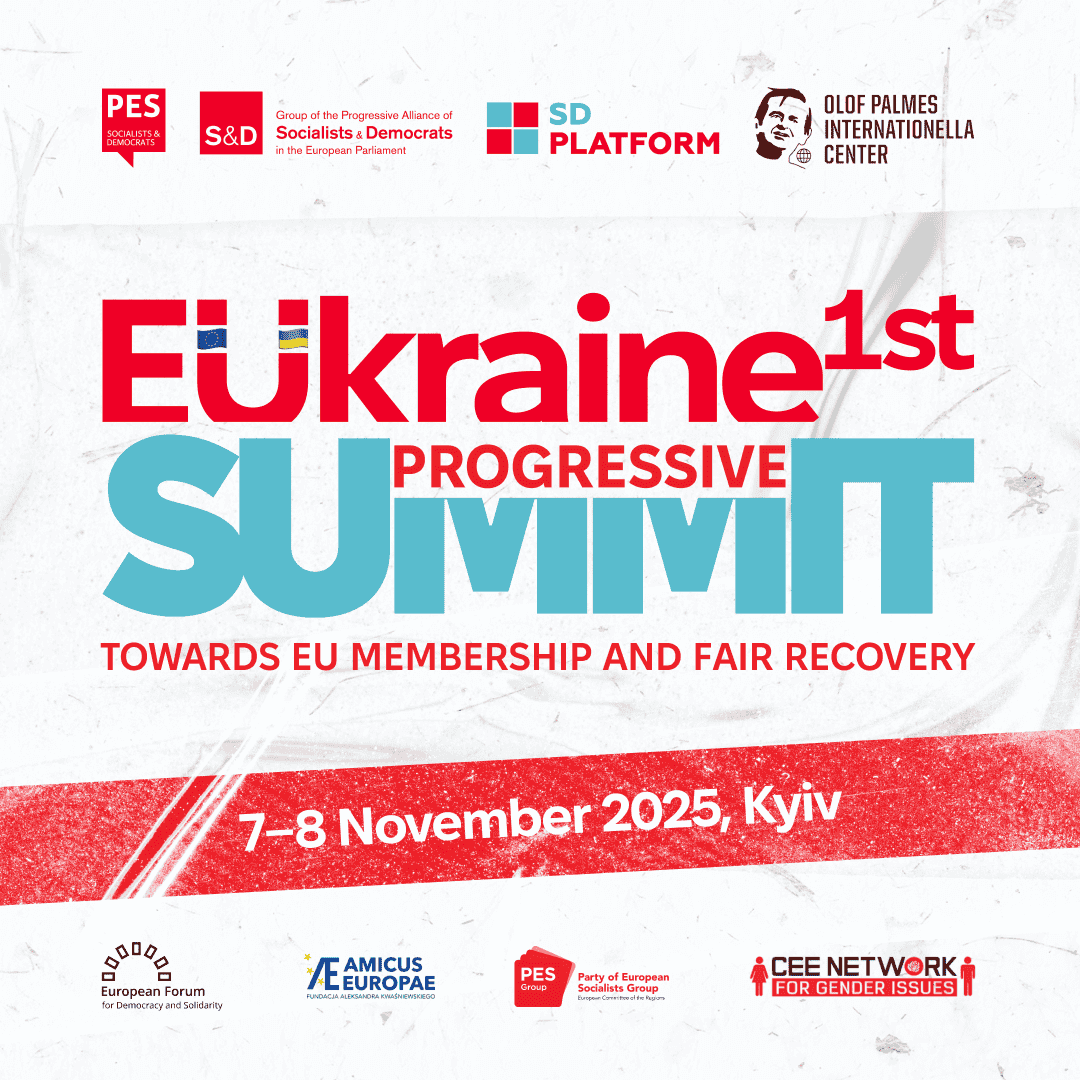Source: Marko Djurica | REUTERS
Turkey still has elections, a parliament and an opposition. But anyone who looks closely will see that the political system has changed considerably in recent years. Under President Erdoğan, the space for dissent has become increasingly narrow. Journalists, judges and political opponents face intimidation, persecution or censorship. The arrest in late March of Ekrem İmamoğlu, mayor of Istanbul and future presidential candidate on behalf of the opposition CHP party, marks a new low.
Meanwhile, the Turkish government has even banned the distribution of images and audio clips of İmamoğlu. This intervention underlines how far Erdoğan is willing to go to maintain control and makes painfully clear how Turkey is slowly but surely turning into a competitive authoritarian regime. This is also argued by Enno Maessen, associate professor of political history at Utrecht University.
'Locking up İmamoğlu is a risky move,' Maessen says. He has been closely following developments in Turkey for years and calls this 'an attempt to keep a grip on the situation, which is insufficiently thought through.' What does İmamoğlu's case say about the state of Turkish democracy? And how far does Erdoğan's grip on the political system extend? In this article, Enno Maessen gives his analysis of a country slipping step by step from democracy to autocracy.
From Atatürk's legacy to Erdoğan's system
The Republican People's Party (CHP) is not just another opposition party, but a big part of modern Turkish history. Founded by Mustafa Kemal Atatürk, the founder of the republic, the CHP was the dominant political force for decades. Maessen explains: 'The CHP emerged from the one-party system established at the time of the founding of the republic.' Over the decades, the party changed character several times, shifting towards a broader social democratic movement. Yet today, the CHP is anything but unified. According to Maessen, it is "a very mixed party, with both progressive and conservative currents.
Under Kemal Kılıçdaroğlu's leadership, the party made a strategic shift to a more constructive opposition in the early 2000s. 'He wanted to increase the CHP's influence, both locally and nationally.' The strategy had some effect: in cities like Istanbul and Ankara, the party eventually regained ground.
At the same time, a fundamental shift took place within the Turkish political system during the same period. When the AKP came to power early this century, many people had hopes for a fairer and more democratic Turkey. Erdoğan promised reforms, economic growth and a better relationship with Europe. He presented himself as someone who stood up for ordinary citizens and freedom of expression. But those promises slowly gave way to an authoritarian pursuit of power. Step by step, he began to bend the rules to his will. The judiciary was influenced, media that were critical were fined or taken over, and independent institutions lost their functions.
Elections without a level playing field
Turkey is in a worrying transition phase, according to Maessen. Whereas the political system could previously be qualified as a limited democracy, the country is now shifting towards a so-called competitive authoritarian regime. In doing so, Maessen follows the view of his colleague Dr Berk Esen. There are still elections, there is formal opposition, but the playing field is far from fair. 'Free elections are not necessarily fair elections,' Maessen warns.
Over the years, the AKP has concentrated power at all levels of governance. 'They have pulled so much influence towards them that you can no longer speak of a balanced political situation.' At the same time, the party has built a strong clientelist network. Through social support, promises and subtle intimidation, the AKP is trying to maintain its grip on the electorate. 'People are told: if you don't vote for us, your benefits or other forms of support will stop,' Maessen says.
İmamoğlu as a counterforce
In this context, İmamoğlu has become an important face of the opposition. As mayor of Istanbul, he showed that it is indeed possible to win elections from the AKP. His popularity and appeal extend beyond the CHP's traditional constituency, making him especially dangerous for Erdoğan.
Maessen calls İmamoğlu "partly formally and partly informally the most important figure within the party. His arrest, officially on suspicion of corruption, is seen by many as a political decision. The indictment led to massive street protests, the largest since the Gezi uprising of 2013. Polls show that a significant portion of the Turkish population disagrees with İmamoğlu's imprisonment. The broad social reaction shows how much İmamoğlu has become a symbol of resistance to the government's increasingly authoritarian course.
The situation is reminiscent of Erdoğan's own arrest in 1999. Maessen points out the symbolism: 'Many young people who now support İmamoğlu were still standing in front of Erdoğan in the same square in 1999.' Sarachane Park, located in a conservative part of Istanbul, is once again the scene of protests. According to Maessen, the fact that demonstrations are taking place there in particular underlines how deep social discontent has penetrated. 'That within one generation people have to stand there twice for a victim of political repression is almost paradoxical.'
And Europe?
What is striking is how quiet it remains from Europe. Despite clear signs of democratic decline, geopolitical interests seem to outweigh principled objections. 'The European Union's role towards Turkey has been shameful for decades,' Maessen argues. 'The war in Ukraine, migration deals and defence interests ensure that Brussels continues to give Erdoğan a helping hand.
This attitude also carries risks in the long run. Instability in Turkey could affect migration flows towards Europe, economic relations and political relations within NATO. Yet for now, the willingness to engage Turkey firmly seems minimal.
Turkey's democracy is still alive but under severe pressure. The İmamoğlu case shows how difficult it has become for opponents of the regime to speak out. Yet there are still those who continue to stand up. Whether that is enough for real change, the future will have to tell.




